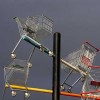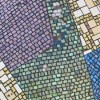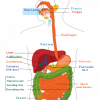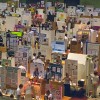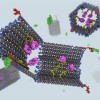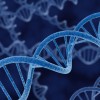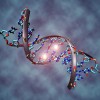Getting an edge on breast cancer
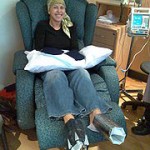 Cancer is a life threatening disease characterized by uncontrolled growth of cells coupled with malignant behavior. The causes leading to cancer are believed to be genetic, environmental, or a combination of the two. Chemotherapy is one of a number of treatments for cancer. It utilizes a regiment of chemicals toimpair cell division and/or induce programmed cell death.
Cancer is a life threatening disease characterized by uncontrolled growth of cells coupled with malignant behavior. The causes leading to cancer are believed to be genetic, environmental, or a combination of the two. Chemotherapy is one of a number of treatments for cancer. It utilizes a regiment of chemicals toimpair cell division and/or induce programmed cell death.
Research carried out by Dr Yang Li and colleagues at Harvard Medical School, the Technical University of Denmark, and the Université Libre de Bruxelles, have highlighted two genes – LAPTM4B and YWHAZ – that may inhibit the response of anthracycline-based adjuvant chemotherapy for breast cancer. The group found that patients who have a high expression of the genes show a reduced sensitivity to anthracycline-based adjuvant chemotherapy (though they remain somewhat susceptible). Conversely, patients with these genes switched off, showed a heightened sensitivity to the chemotherapy.
This breakthrough will allow doctors to take our clinical treatments to next level – personalized medicine. Genetic profiles of patients and of specific cancers will enable doctors to selectively determine chemotherapy regimes with the most potential for preventing relapse. A continued effort will have to be made to decipher how these two genes block the action of anthracycline-based adjuvant chemotherapy.
Reference:
1. http://www.nhs.uk/news/2010/01January/Pages/Genes-affect-cancer-treatment.aspx
| Print article | This entry was posted by Jermel Watkins on February 3, 2010 at 8:24 am, and is filed under Your Genes, Your Health. Follow any responses to this post through RSS 2.0. You can skip to the end and leave a response. Pinging is currently not allowed. |

